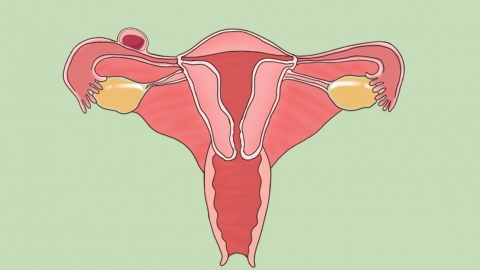Can smoking cause ectopic pregnancy?
Ectopic pregnancy usually refers to a pregnancy that occurs outside the uterus. In general, there is no direct and inevitable causal link between smoking and ectopic pregnancy. However, smoking may indirectly increase the risk of ectopic pregnancy by affecting certain physiological functions of the body. The detailed analysis is as follows:

If a person only smokes occasionally and in small amounts, and has no underlying conditions such as fallopian tube inflammation or abnormal fallopian tube development, there is no direct and inevitable causal relationship between smoking and ectopic pregnancy. In such cases, the impact of smoking on the reproductive system is relatively minor, and it does not directly lead to abnormal implantation of the fertilized egg. The probability of ectopic pregnancy is not significantly different from that in non-smokers, so excessive concern is unnecessary.
However, long-term and heavy smoking, especially when combined with conditions such as fallopian tube inflammation or pelvic adhesions, may indirectly increase the risk of ectopic pregnancy. Harmful substances in tobacco can damage the mucous membrane of the fallopian tubes and impair their motility, hindering the transport of the fertilized egg. If fallopian tube abnormalities are already present, this further reduces the likelihood of normal implantation. Although there is no direct and inevitable causation, smoking increases the possibility of abnormal pregnancy.
Individuals planning pregnancy should try to quit smoking to reduce tobacco-related damage to the reproductive system. It is important to maintain good reproductive health in daily life, avoid unhygienic sexual practices, and reduce the risk of fallopian tube inflammation. If symptoms such as missed periods, abdominal pain, or vaginal bleeding occur during preconception preparation, prompt medical evaluation is necessary to rule out ectopic pregnancy and ensure early detection and management of any complications.




